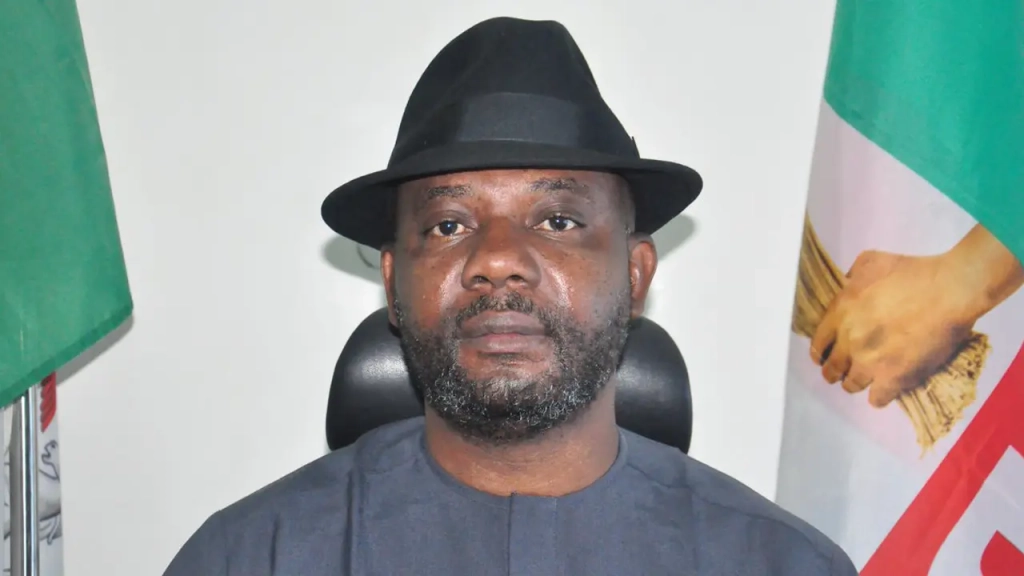A high-ranking member of Nigeria’s ruling party has pushed back against claims of regional bias in infrastructure development, escalating a debate over political equity and resource distribution ahead of the country’s 2027 elections. Yekini Nabena, former Deputy National Publicity Secretary of the All Progressives Congress (APC), dismissed accusations by opposition leader Rabiu Musa Kwankwaso that southern states receive preferential treatment in federal projects, framing the dispute as an attempt to stoke division for political gain.
Kwankwaso, the 2023 presidential candidate of the New Nigeria Peoples Party (NNPP) and founder of the Kwankwasiyya political movement, recently criticized the government for allegedly prioritizing road networks and infrastructure investments in southern regions while neglecting the North. He argued that northern states, which contributed significantly to President Bola Tinubu’s electoral victory, have seen little development despite producing revenue from agricultural exports like rice and groundnuts.
Nabena, in a sharply worded statement released Tuesday, rejected these claims as “baseless” and accused Kwankwaso of inflaming regional tensions to undermine the current administration. “No ethnic or religious sentiment raised against a southern presidency holds merit,” he asserted, emphasizing that southern leadership completing an eight-year term is “sacrosanct” for national unity. The APC leader linked Kwankwaso’s comments to attempts to rally northern opposition against a potential southern presidential candidate in 2027, a strategy he claimed “has already failed.”
The Bayelsa-born politician challenged Kwankwaso to personally assess road conditions in the oil-rich South-South region, contrasting it with northern infrastructure. “After eight years of northern leadership, why does Kwankwaso now lament underdevelopment in the North?” Nabena questioned, highlighting that the South’s economic contributions stem largely from oil reserves rather than northern resources. He dismissed the notion of northern funds being diverted, asking pointedly: “Was southern development financed by gold, rice, or groundnut pyramids?”
Political observers note the exchange reflects deepening fissures over Nigeria’s power-sharing norms, particularly the informal “zoning” tradition that rotates presidential candidates between north and south. Nabena warned that leveraging regional loyalties or religious affiliations for electoral advantage is losing traction, citing growing voter awareness of such tactics. “The era of using Kano’s voter base to intimidate opponents is over,” he declared, referencing the northern state’s status as Nigeria’s second-largest electoral battleground.
While neither side presented verifiable data on infrastructure spending, the debate underscores persistent regional rivalries in Africa’s most populous nation. Analysts suggest the rhetoric signals early jostling for 2027, with Kwankwaso positioning himself as a northern advocate and Tinubu’s allies defending the administration’s national agenda. As federal projects like coastal roads and rail expansions continue to generate debate, the clash highlights balancing acts between equitable development and Nigeria’s complex ethnogeopolitical landscape.
